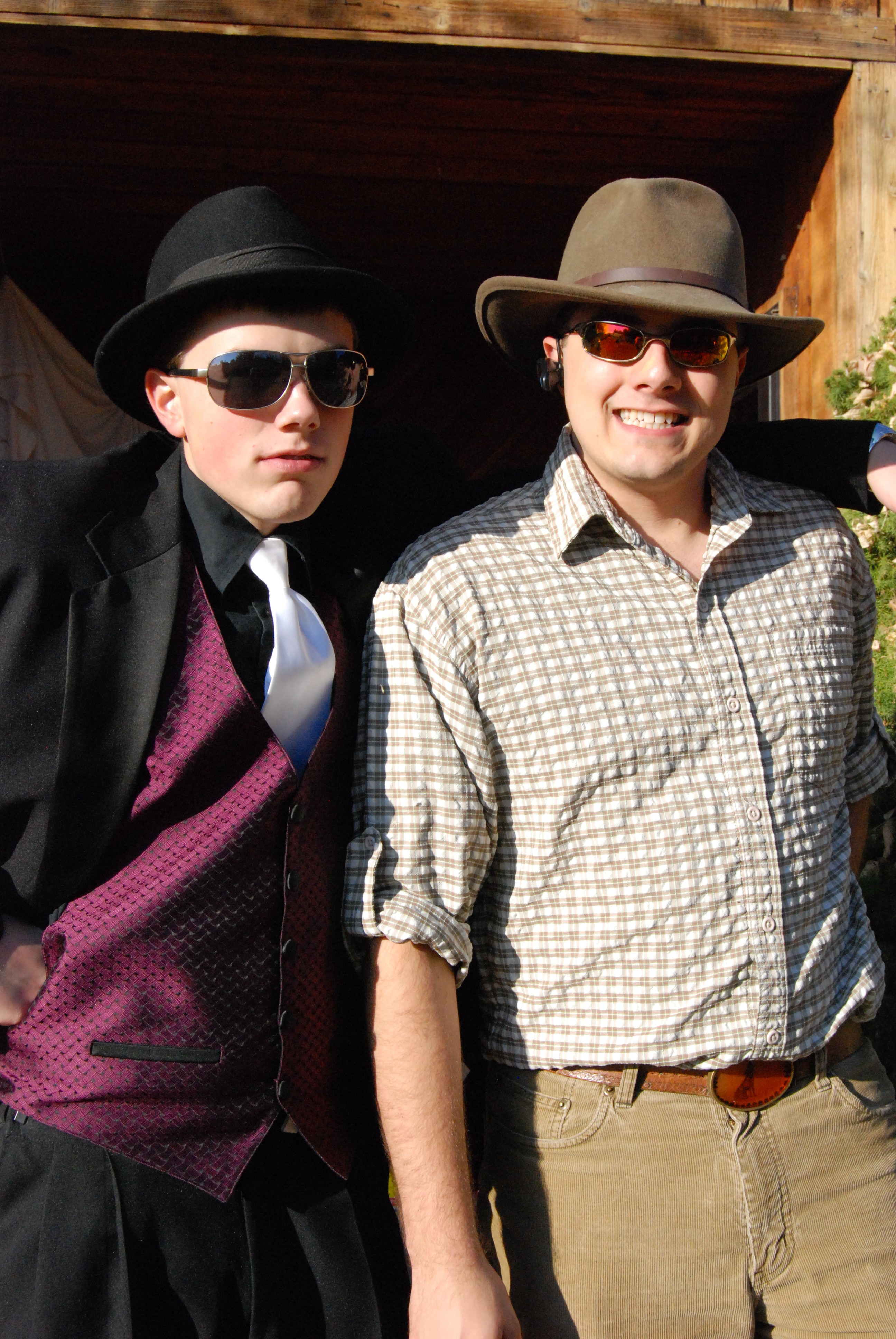I remember a spelling test. It was third grade I think. And we used that heavy, yellowish, horizontal lined paper with all the helpful dotted bits to keep your letters straight. The teacher read out each word v-e-r-y clearly, with the accompanying word-in-a-sentence. I kind of liked the ritual; calming almost to the point of being soporific. Or it would have been, if I’d had any clue how to spell any of the words. We corrected our own tests. And we used really, really soft led pencils. So I took care of my problem by pressing down pretty heavily, putting very big “C”s on every word, careful to let the tail pretty much obliterate my spelling of each one of them.
But Mrs. Pay-Attention-to-Detail called me on it. And from then on, my mother made me write each spelling word ten times. Which helped in terms of test scores, but didn’t actually help much in terms of real world writing.
When we moved back to Kansas City, I went into the sixth grade there. The teacher called me up to her desk (maybe after the first spelling test of the year—I don’t really remember) and asked me, sounding a little incredulous, “How do you spell ‘business?’” And I didn’t know. I didn’t know so much that my mind was a perfect blank. I couldn’t even imagine. I did pretty much figure, after years of being tricked, that if I spelled it the way it sounded, I was going to be wrong. Which is what I ended up doing, and what I ended up being. Then she asked me, “Well, how do you spell ‘busy?’” Bizzy. Right? That’s the rule, right? You double the consonant after a short vowel?
The world has pretty much always been a mystery to me. The entire world. And my approach to figuring out any of it has always been intuitive. Which is why when I try something, if I don’t “get it” in the first fifteen minutes, I just forget the thing and go on with the rest of my life. Because there are plenty of other mysteries out there—and I can’t waste time actually having to slow myself down learning arbitrary rules and techniques.
Spelling is not intuitive. That is, English spelling isn’t. And I was left duly mystified by the whole concept for a long, long time. After two decades on the planet, I went to graduate school (which you can do even if you can’t spell)—and several thousands of dollars later, I understood why I had been so mystified: not only is English spelling anything but intuitive; it’s chaotic.
And yes, I am going to tell you why. I am going to tell you why I spelled “palettes” “pallets” like an idiot, and maybe you can patch up your respect for me, assuming there was any in the first place.
First of all: English is not a latin based language. French, Spanish, Italian, Romanian—these are latin based, or Romance languages (which does not mean they are roman-tic). But English wants to be latin-based. Wants it be very badly. Too bad for it. English is Germanic. When the Celts in Britain were being hammered by the Vikings from up north (the invading hordes, the coast raiders come inland), the Celts hired a bunch of heathen, brawny, brawling German mercenaries from the following tribes—the Angles, Saxons, Jutes and Picts—to come and protect them.
Sadly, the Celts found themselves between two blond opportunist waves and survived that by hiding in caves and rocky places on coasts and in mountains, all the unsuitable-for-comfort parts of the island, while the invited Germans took up residence, spreading themselves over the green and rolling bits of the place.
And so, Britain began to speak Old High German, which became Old English. Don’t think you know anything about Old English, by the way. Shakespearian English is actually known in scholarly circles as “Early Modern English.” Old English dates back around 800 a.d. And you actually would recognize some of it. If it’s a domestic animal on the hoof or paw or a bodily function, and if you could hear past the ancient accent, you’ might get the gist of the Old English word.
After several hundred years, the French – actually the Vikings who had invaded the north of France successfully – turned their eyes to Britain, sailed over and finally took over the place. This is when Britain began to speak French, and the over-lay of Latin started to have an influence on the grammar and vocabulary of the Anglo-Saxon “natives.”
Oh, by the way, the word “picture?” It came over on the bodies of the Picts, who were fiercely famous for having their entire bodies tattooed with scary warrior tattoos. So if you pronounce the word like this: “I have some pitchers to send you,” you are actually talking about water-carrying-vessels and not sweaty warrior pirates tattooed with what they’re going to do to your face.
For many years, the “French” lounged around Britain, trying to murder the celts and grinding the faces of the poor Anglo-Saxon lords—and all of this had the rough-stone-rolling effect on Old English, producing (over a few hundred years) the much sleeker, more economic Middle English. Which is what Britain spoke when the Anglo-Saxons finally kicked the Frenchoid overlords back over the channel.
This is getting really long. So I’m going to split it up. And please do not use this article as any kind of authoritative source, because it is a completely unauthoritative stitching together of numbers of scholarly sources, which are mostly conjecture anyway, and which I am probably barely remembering correctly.



8 Responses to At least Orm tried-